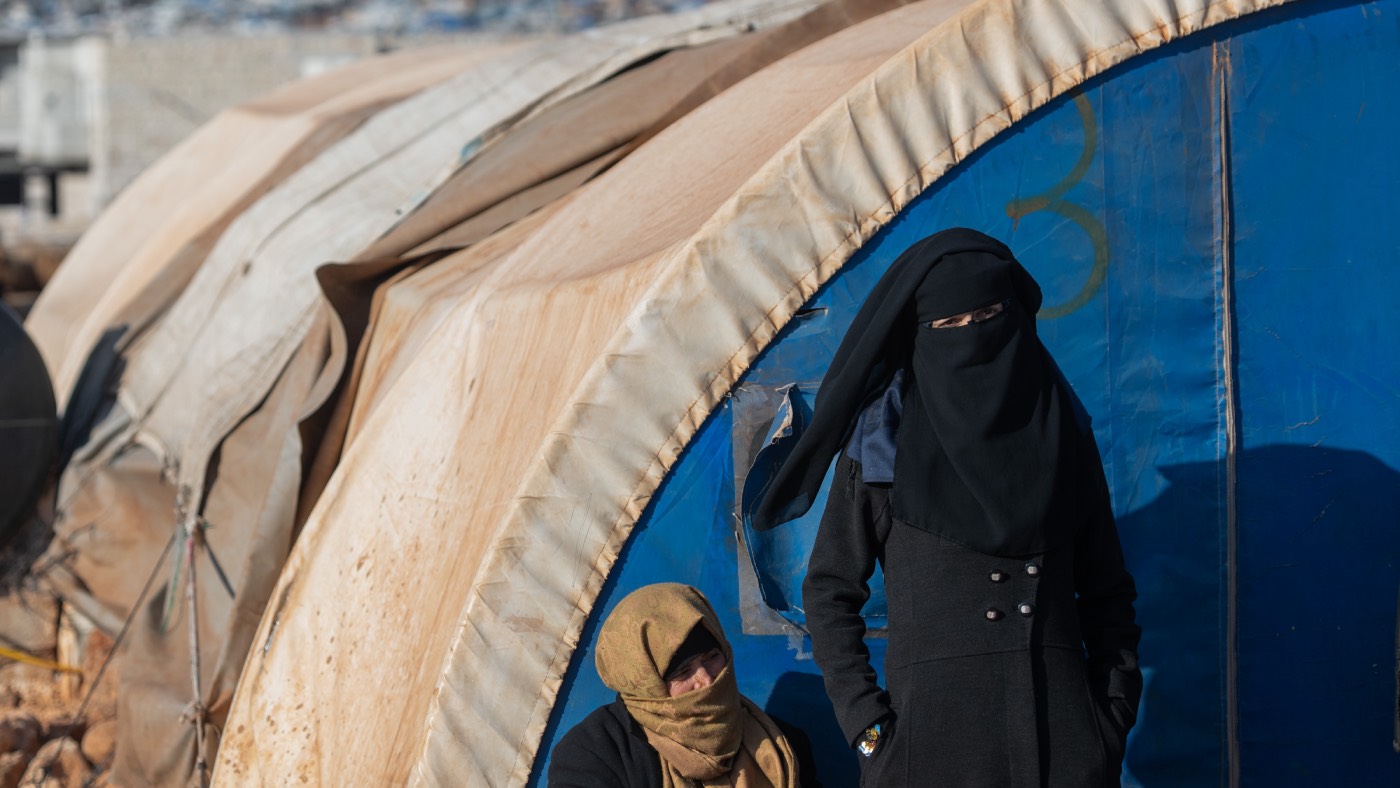The impact of Turkey’s fight with Syria
Moscow and Ankara agree Idlib ceasefire - but analysts fear truce may prove short-lived

A free daily email with the biggest news stories of the day – and the best features from TheWeek.com
You are now subscribed
Your newsletter sign-up was successful
A ceasefire in the northwest Syrian province of Idlib has come into effect under a deal struck by Russia and Turkey following more than six hours of talks in Moscow.
Announcing the truce, which began at midnight on Thursday, Russian President Vladimir Putin said: “I express hope that these agreements will serve as a good basis for a cessation of military activity in the Idlib de-escalation zone [and] stop the suffering of the peaceful population and the growing humanitarian crisis.”
His Turkish counterpart, Recep Tayyip Erdogan, promised support for “Syrians in need”.
The Week
Escape your echo chamber. Get the facts behind the news, plus analysis from multiple perspectives.

Sign up for The Week's Free Newsletters
From our morning news briefing to a weekly Good News Newsletter, get the best of The Week delivered directly to your inbox.
From our morning news briefing to a weekly Good News Newsletter, get the best of The Week delivered directly to your inbox.
But many analysts are predicting that the deal will not last long. Sky News’ Moscow correspondent Diana Magnay warns that “ceasefires in Syria tend to be short-lived affairs and there’s no reason this will be any different”.
Indeed, Russia and Turkey agreed to turn Idlib into a de-escalation zone back in 2018, seven years after Syria’s popular uprising turned into civil war, but violence quickly resumed.
All the same, the new deal offers hope for the three million Syrians believed to be trapped in the province, the last opposition-controlled region in Syria.
The fighting has been “catastrophic” for the local population, says The Guardian.
A free daily email with the biggest news stories of the day – and the best features from TheWeek.com
More than 900,000 people have been displaced since the forces of Syria’s President Bashar al-Assad began an offensive in December backed by Russian air strikes - the largest wave of displacement since the war began, in 2011.
Many of those displaced are living in makeshift camps at Idlib’s border with Turkey, which already hosts 3.6 million Syrian refugees and is refusing to take any more. That refusal, in turn, has sparked concern in Europe of a renewed influx of migrants.
Meanwhile, 60 Turkish troops have been killed in the region since last month alone.
The violence has also resulted in the deaths of tens of thousands of civilians. At least 16 people killed by Russian air strikes while sheltering in a farm near the Idlib town of Maarat Misrin shortly before the ceasefire talks began on Thursday.
An eye-witness told The Times: “It was horrific, tens of people, mostly women and children, were there. The dead bodies were everywhere."
On a political level, the fighting has caused tension within Turkey’s parliament, with a fist fight erupting this week as opposition parties challenged Erdogan’s Syria strategy.
Last summer, Ankara’s refusal to cede ground to Assad’s army in Idlib was blamed for the continuation of the civil war, which is believed to have claimed the lives of as many as 400,000 people.
On a wider scale, the crisis has also brought Turkey perilously close to war with Russia. However, Moscow is keen to maintain strong ties with Turkey in order to offset US influence in the region, whatever the fate of the new peace deal.
-
 The ‘ravenous’ demand for Cornish minerals
The ‘ravenous’ demand for Cornish mineralsUnder the Radar Growing need for critical minerals to power tech has intensified ‘appetite’ for lithium, which could be a ‘huge boon’ for local economy
-
 Why are election experts taking Trump’s midterm threats seriously?
Why are election experts taking Trump’s midterm threats seriously?IN THE SPOTLIGHT As the president muses about polling place deployments and a centralized electoral system aimed at one-party control, lawmakers are taking this administration at its word
-
 ‘Restaurateurs have become millionaires’
‘Restaurateurs have become millionaires’Instant Opinion Opinion, comment and editorials of the day
-
 Putin’s shadow war
Putin’s shadow warFeature The Kremlin is waging a campaign of sabotage and subversion against Ukraine’s allies in the West
-
 Alexei Navalny and Russia’s history of poisonings
Alexei Navalny and Russia’s history of poisoningsThe Explainer ‘Precise’ and ‘deniable’, the Kremlin’s use of poison to silence critics has become a ’geopolitical signature flourish’
-
 What happens now that the US-Russia nuclear treaty is expiring?
What happens now that the US-Russia nuclear treaty is expiring?TODAY’S BIG QUESTION Weapons experts worry that the end of the New START treaty marks the beginning of a 21st-century atomic arms race
-
 Epstein files topple law CEO, roil UK government
Epstein files topple law CEO, roil UK governmentSpeed Read Peter Mandelson, Britain’s former ambassador to the US, is caught up in the scandal
-
 Iran and US prepare to meet after skirmishes
Iran and US prepare to meet after skirmishesSpeed Read The incident comes amid heightened tensions in the Middle East
-
 Syria’s Kurds: abandoned by their US ally
Syria’s Kurds: abandoned by their US allyTalking Point Ahmed al-Sharaa’s lightning offensive against Syrian Kurdistan belies his promise to respect the country’s ethnic minorities
-
 Israel retrieves final hostage’s body from Gaza
Israel retrieves final hostage’s body from GazaSpeed Read The 24-year-old police officer was killed during the initial Hamas attack
-
 China’s Xi targets top general in growing purge
China’s Xi targets top general in growing purgeSpeed Read Zhang Youxia is being investigated over ‘grave violations’ of the law